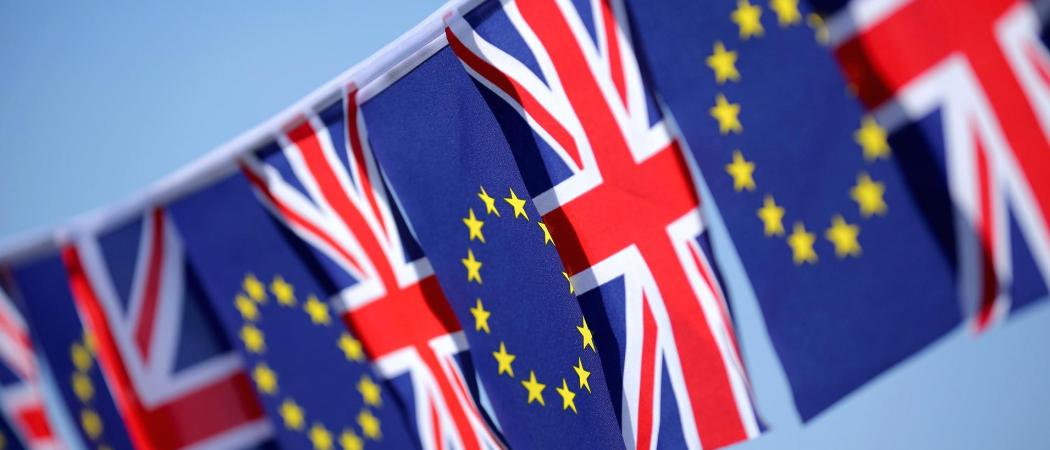EU and UK should consider special immigration arrangement for scientists and limited EU regulatory alignment, a joint study by Wellcome and Bruegel says. But it concludes, the UK is likely to miss the start of Horizon Europe

Brexit negotiators should agree a standalone deal on science as soon as possible, according to a joint report from the UK medical research charity Wellcome Trust and the Brussel-based think tank Bruegel.
The recommendation is based on a mock negotiation held between teams of academics and civil servants representing both UK and the EU carried out last year, which looked at which themes Brexit negotiators could swiftly agree on once talks on the future relationship start in March, and which areas will take more time to resolve.
“We wanted to bring political realism to the process,” said Beth Thompson, head of policy and advocacy for UK and EU at the Wellcome Trust, presenting the report in London on Tuesday.
The tone is pessimistic. The likelihood of agreeing the EU-UK future relationship before the end of the year is seen as remote, and with the next EU research programme, Horizon Europe, due to begin on 1 January, 2021, “The most likely outcome at this point is therefore that the UK misses the start of Horizon Europe due to delays in the Brexit process,” the report says.
The mock negotiators argue that a research-specific Brexit deal would “provide inspiration for the wider negotiations.”
“Scientific cooperation agreements have long been used to symbolise improving political relations and are often the first bilateral agreements after a conflict between nations,” the report says.
The UK government and the European Commission have both expressed interest in future cooperation on research and innovation. But such an agreement, which would include association to the EU’s research programmes, would be “unprecedented”, the report concedes. Every country that is associated to the ongoing Horizon 2020 has a pre-existing broader trade arrangement in place with the EU.
While the EU does have standalone research and innovation agreements with third countries, an EU-UK agreement will need to be more ambitious than these, the report argues.
“It’s going to be really difficult to divorce anything from the wider context of talks,” said Joe Owen, programme director with the Institute for Government, a London think tank. While research might seem like a mutually beneficial area for both sides, it is likely to get dragged into more difficult political questions.
Similarly, “Citizens’ rights seemed like an obvious win-win for both sides, but it became much more contentious during the divorce talks,” Owen said.
Participants involved in the mock negotiation looked at the EU’s research agreements with Norway, Switzerland, Israel, Ukraine and the Faroe Islands, to arrive at a skeleton UK-EU deal.
The exercise revealed that some elements of an agreement would be harder to negotiate than expected. “A shared purpose and belief in the importance of research and innovation is not enough to see a deal come to fruition,” the report says.
Reciprocal movement
The future mobility of researchers was a big issue in the simulated negotiation, with the report envisaging the EU reaching to a compromise in which it agrees to drop its demand for total free movement, instead allowing “reciprocal” movement of scientists.
“Arrangements along these lines would ensure the mutually beneficial movement of researchers continued,” the report says.
A special immigration exemption for scientists, and not the rest of the population, will be hard for both sides to sell, however.
The mock negotiators also decided the UK would eventually accept the supremacy of EU law over any potential research disputes.
The negotiating teams found a compromise over how to deliver on the UK’s wish to have some say in EU research planning, with a “a slightly augmented form of the Joint EU-Israel Committee”. Like the EU-Israel Committee, the UK version would be responsible for monitoring and overseeing the delivery of EU funding, while also ensuring a regular exchange of views between the two parties.
The negotiation also concluded that any UK participants in EU research projects would have to honour EU regulatory standards.
No UK in Horizon Europe from start
Given the small negotiating window, there is a chance the UK will end the year with a limited trade agreement that does not provide a framework for research and innovation.
The UK government's objectives for the trade talks are to be published after Brexit on 31 January and researchers are concerned science won’t be a top priority.
The report calls on the government to act now to ensure it is prepared for Horizon Europe association, taking its lead from countries like Canada and Japan, which have already earmarked money for collaboration with the EU.
Owen argued that EU talks on the size of its next seven-year budget might provide the UK with an opportunity in their own negotiations.
“If the Brits pop up in the summer and say we have money to throw at you for the next research programme, it may go down quite well in Brussels,” he said.





 A unique international forum for public research organisations and companies to connect their external engagement with strategic interests around their R&D system.
A unique international forum for public research organisations and companies to connect their external engagement with strategic interests around their R&D system.